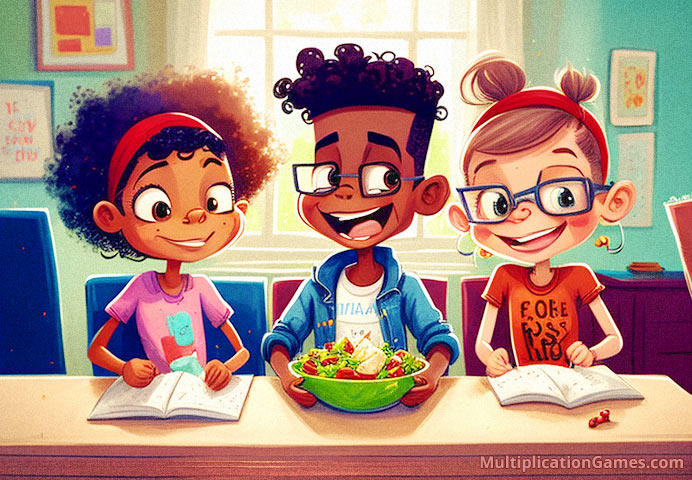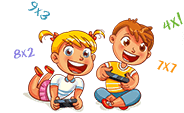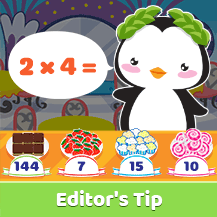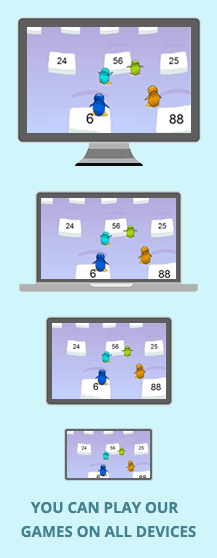10 Essential Life Skills for Preschoolers: Preparing Your Child for a Successful Start to School
By Megan - 01/27/2023
As parents, we all want our children to have the best start in life. One of the most important ways we can prepare them for success is by teaching them basic life skills before they start school. These skills not only help children to feel more confident and independent, but they also set the foundation for success in school and in life.
In this article, we will explore the top 10 basic life skills that kids should learn before starting school. From personal hygiene to money management, these skills are essential for children to have in order to thrive in their academic and personal lives.
1. Personal Hygiene

Personal hygiene is an essential life skill that all children should learn before starting school. This includes basic grooming, such as brushing their teeth and hair, as well as maintaining cleanliness by taking regular showers or baths.
Teaching children the importance of personal hygiene at a young age can help prevent the spread of germs and illness, and it also sets the foundation for good personal grooming habits in the future.
Additionally, children who are taught to take care of their personal hygiene are more likely to feel confident and self-assured in social situations, which is important for building strong social connections and relationships.
2. Communication and Social Skills
Basic communication and social skills are critical for children to learn before starting school. These skills include the ability to express themselves effectively and understand the verbal and nonverbal cues of others. Being able to communicate effectively is essential for building relationships, making friends, and participating in group activities.
Additionally, children with strong social skills are better able to navigate the social dynamics of school and are less likely to experience social isolation. Parents can help their children develop these skills by encouraging them to express themselves, asking open-ended questions, and modeling good communication and social skills themselves.
3. Time Management and Organization Skills
Time management and organization skills are essential for children to learn before starting school as they will help them to be more productive and efficient in their daily lives. This includes teaching children how to prioritize tasks, set goals, and manage their time effectively.
Having good time management and organizational skills can help children to be more successful in school, as it enables them to complete assignments on time and stay on top of their responsibilities. Additionally, children who learn to manage their time and stay organized are more likely to develop good study habits, which will serve them well in their academic and professional lives.
Parents can help their children develop these skills by setting schedules and deadlines, providing them with organizational tools such as calendars and planners, and teaching them how to prioritize tasks.
4. Problem-Solving and Critical-Thinking Skills
Basic problem-solving and critical thinking skills are important for children to learn before starting school as they will help them to navigate the challenges and complexity of the world around them. These skills include the ability to analyze information, make logical conclusions and make thoughtful decisions.
Having good problem-solving and critical thinking skills can help children to be more successful in school, as it enables them to understand and analyze complex concepts, and to think critically about the information they are presented with.
Additionally, children who learn to problem-solve and think critically are more likely to be successful in their future careers and personal lives, as these skills are highly valued in many different fields.
Parents can help their children develop these skills by encouraging them to ask questions, providing them with opportunities to make choices and decisions, and encouraging them to think critically about the information they are presented with.
5. Self-Care and Independent Living Skills

Self-care and independent living skills are important for children to learn before starting school as they will enable them to take responsibility for their own well-being and be more self-sufficient. These skills include basic tasks such as dressing themselves, making their bed and preparing simple meals.
Teaching children to be more independent can also help them develop a sense of responsibility and ownership for their own lives, which can motivate them to become more successful in school and in the future. Parents can help their children develop these skills by giving them age-appropriate chores, encouraging them to dress themselves, and allowing them to make choices about their own care.
6. Emotional Regulation and Self-Control
Emotional regulation and self-control are pivotal life skills for children that benefit them for the rest of their lives. These skills include the ability to understand and manage one's own emotions and to control impulsive behavior. Children who can regulate their emotions and have good self-control are better able to navigate the social dynamics of school and are less likely to experience behavioral problems.
Additionally, children who learn to regulate their emotions and have self-control are more likely to be successful in school and in the future, as they are better able to handle stress, manage relationships and make thoughtful decisions. Parents can help their children develop these skills by modeling healthy emotional regulation, encouraging them to express their feelings, and teaching them techniques to manage stress and maintain self-control.
7. Money Management and Financial Literacy
Basic money management and financial literacy are important life skills for children, even at a young age. These skills include understanding the value of money, budgeting, saving, and learning how to make responsible financial decisions. Children who have basic money management and financial literacy skills have a better understanding of how to manage their money, how to make their money last and how to save for the future.
Additionally, children who learn to manage their money and have financial literacy skills are more likely to be financially successful in the future and less likely to fall into debt. Parents can help their children develop these skills by giving them an allowance, teaching them how to budget and save, and encouraging them to be responsible with their money.
8. Safety Awareness and Emergency Preparedness
Basic safety awareness and emergency preparedness are important life skills for children that can also help parents restore their peace of mind. These skills include understanding how to stay safe in different situations, what to do in case of an emergency and how to seek help.
Children who are aware of safety risks and know what to do in case of an emergency are better prepared to handle unexpected situations and are less likely to be injured or put in harm's way.
Additionally, children who learn about safety and emergency preparedness are more likely to be able to help others in case of an emergency, which can be a valuable skill. Parents can help their children develop these skills by teaching them basic first aid, fire safety, and emergency contact information and by practicing emergency drills with them.
9. Health and Nutrition Knowledge

Health and nutrition knowledge are important life skills for children to learn, helping them make smart decisions at school. These skills include understanding the importance of regular physical activity, healthy eating habits, and the role of vitamins and minerals in maintaining good health.
Children who have basic health and nutrition knowledge are more likely to make healthy choices and maintain a healthy lifestyle, which can prevent chronic diseases and illnesses.
Additionally, children who learn about health and nutrition are more likely to understand how to take care of their own bodies and make informed decisions about their health. Parents can help their children develop these skills by teaching them about the food pyramid, healthy meal planning, and the importance of regular physical activity.
10. Technology and Computer Literacy Skills
Basic technology literacy and computer skills are essential life skills for children, especially with the rise of technology in schools. These skills include understanding how to use basic computer software, navigate the internet safely, and use digital devices such as tablets and smartphones.
Children who have basic technology literacy and computer skills are better equipped to participate in an increasingly digital world, and are more likely to be successful in school and in the future.
Additionally, children who learn how to use technology can access a wide range of educational resources, such as online mathematics and multiplication games, that can help sharpen their skills.
These games can provide an interactive, engaging and fun way to learn and practice math concepts, which can help children to develop their math skills in an enjoyable way. Parents can help their children develop these skills by providing them with access to technology and encouraging them to explore and use it in a safe and appropriate way.
The Takeaway: Essential Life Skills Should Be Taught At a Young Age
In conclusion, the basic life skills that children should learn before starting school are essential for their overall well-being, academic success and future endeavors. From personal hygiene to time management, these skills not only help children to feel more confident and independent, but they also set the foundation for success in school and in life.
By teaching children these skills, parents can give them the tools they need to navigate the challenges of school and life with confidence and grace. It is important to remember that these skills are not only taught in school but also at home, and parents play a crucial role in helping their children develop these skills.
By providing children with opportunities to learn and practice these skills, parents can give their children the best chance for success in their academic and personal lives. Learning starts at a young age, so it’s beneficial to start instilling these core values and skills early on.






